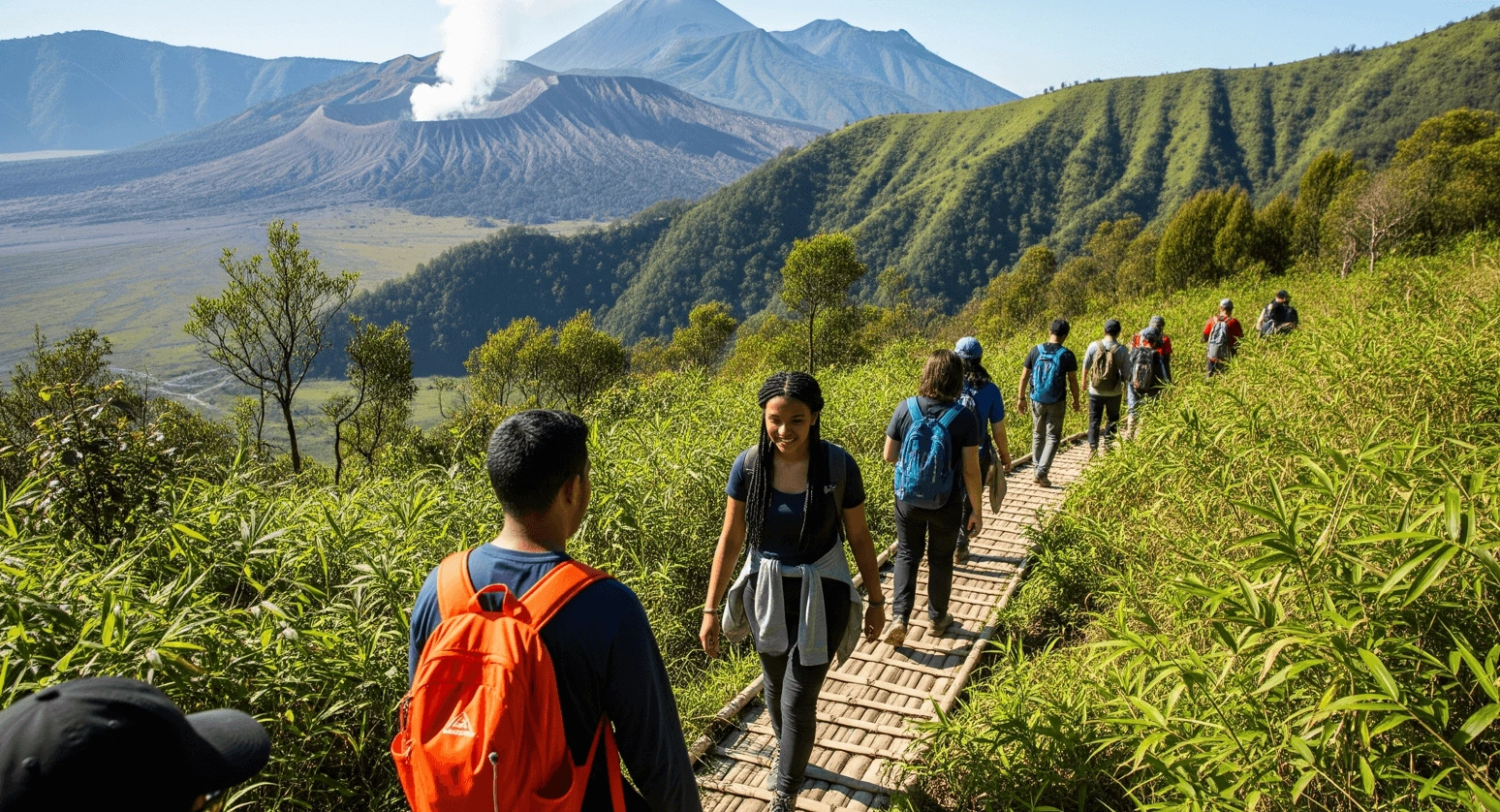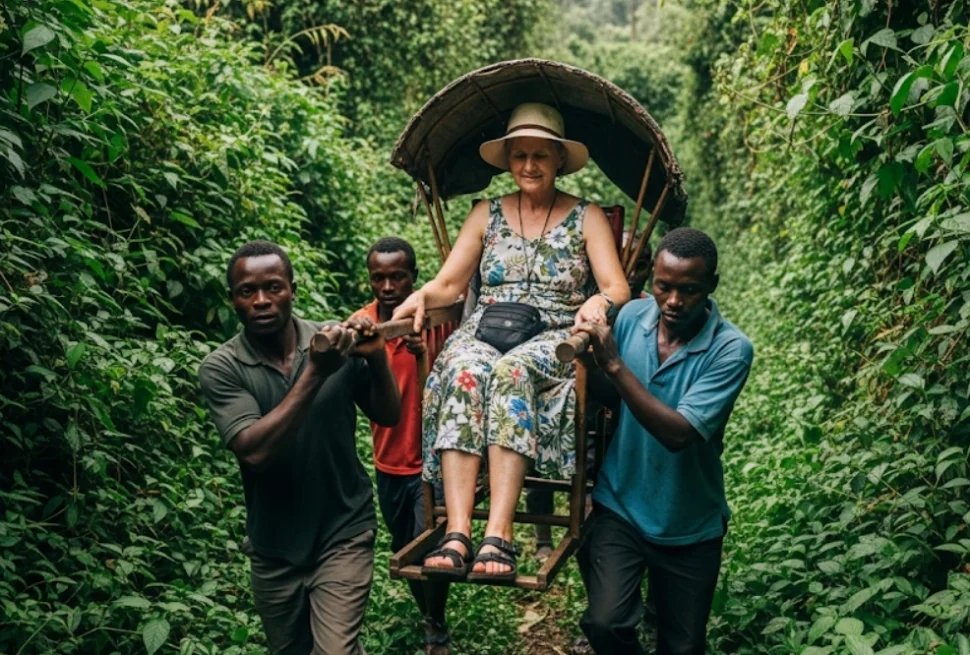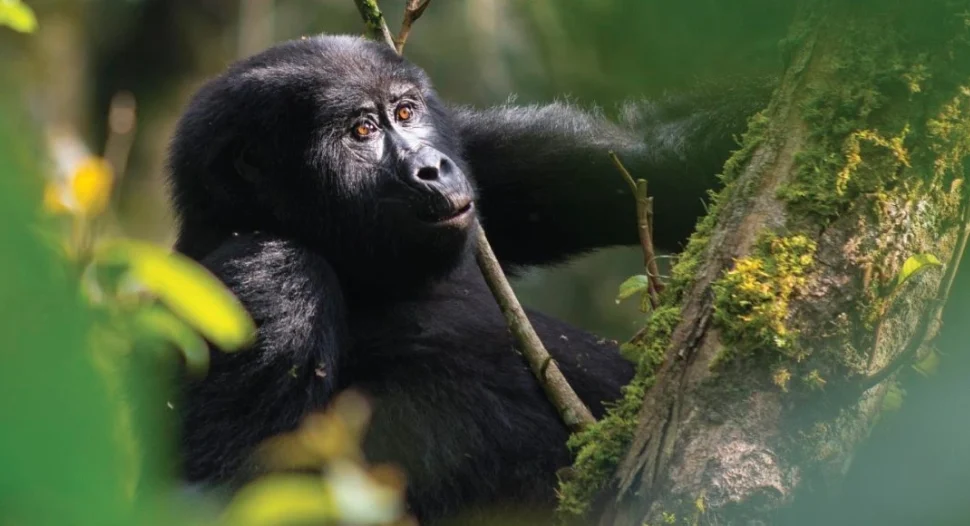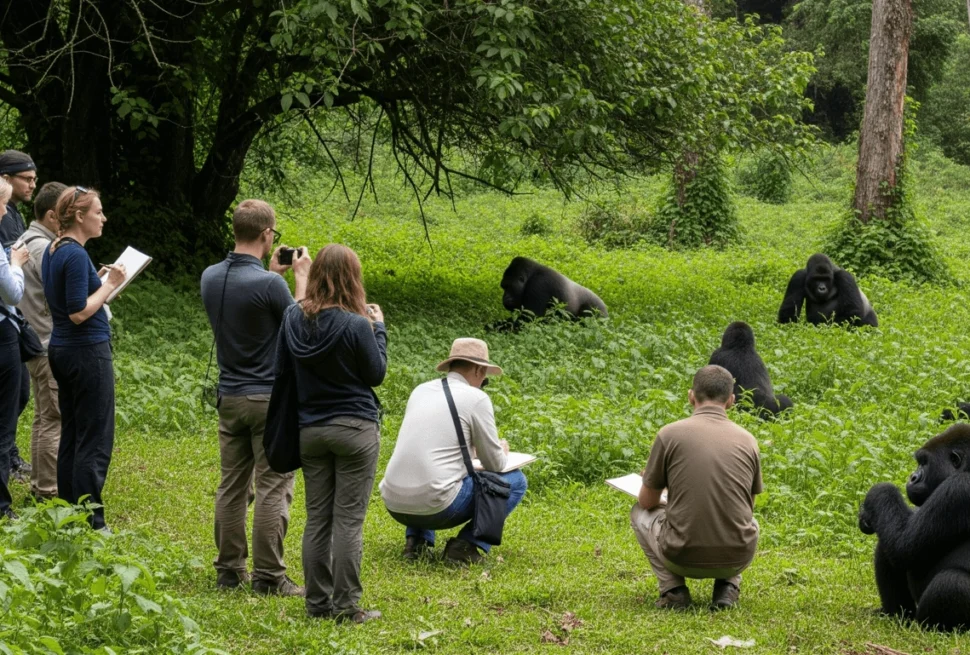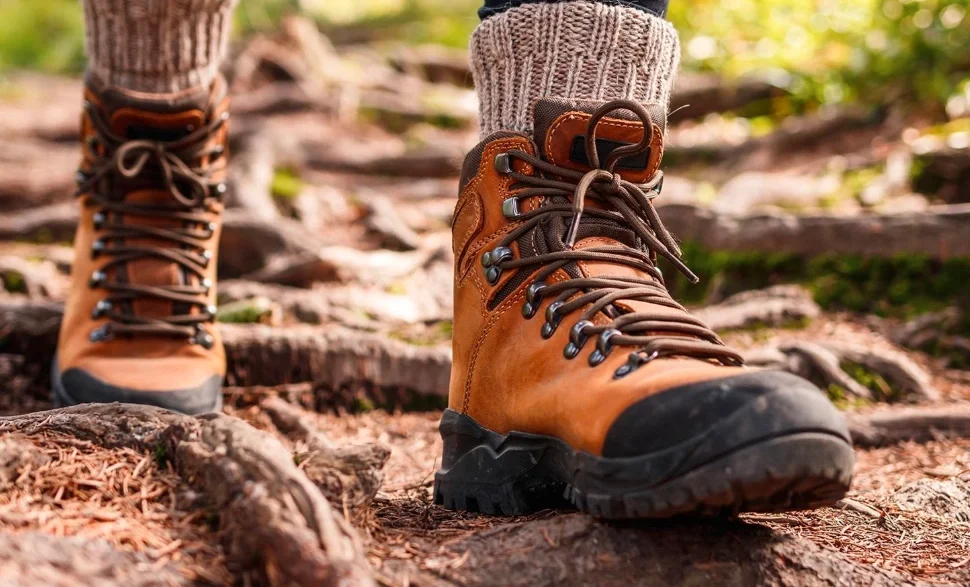Gorilla trekking permits are famously hard to get—and even harder to replace if you miss your scheduled day. There are no rain checks, no easy reschedules, and no sympathy for late arrivals. Missing your trek can mean losing your permit, your money, and your once-in-a-lifetime chance to see the mountain gorillas.
But the story doesn’t stop there. Beneath the surface, there’s a more complicated mix of logistics, park rules, ethical questions, and uncomfortable truths about how tightly controlled gorilla tourism really is.
Let’s unpack what happens, why it happens, and what you can (and can’t) do about it.
Key Takeaways
- Gorilla trekking permits are strictly date-specific and generally non-refundable.
- Late arrival, illness, or missing the briefing can lead to losing your trekking opportunity.
- Some leniency exists for genuine emergencies, but it’s rare and depends on the park authority.
- Missing your trek has ripple effects on conservation funding and the local tourism economy.
- Careful planning and contingency buffers can dramatically reduce your risk of missing out.
Why Gorilla Trekking Is So Strict
Gorilla trekking isn’t run like a casual day hike. Mountain gorillas are critically endangered. Their protection hinges on carefully managed, small-scale tourism where every group, every hour, and every visitor is tightly scheduled.
When you book a gorilla trekking permit in Uganda, you’re not just reserving an entry ticket—you’re securing one of a limited number of daily slots per gorilla family. Missing your trek isn’t just a personal loss. It disrupts a chain of planning that spans rangers, trackers, and sometimes even other tourists.
This strict system protects the gorillas from stress and overexposure, but it leaves little room for individual mishaps.
What Actually Happens If You Miss Your Gorilla Trek
The official rule is blunt: if you miss your trek, you forfeit your permit. There are no automatic refunds, no guaranteed transfers to another day, and no flexibility for latecomers.
But the real-world scenarios are more nuanced.
1. Late Arrival at the Park
The trek briefing usually starts around 7:30 AM. If you arrive after groups have been assigned and the briefing has begun, you may not be allowed to join.
In rare cases, rangers may shuffle assignments if you’re only a few minutes late, but this is never promised.
Being “just a bit late” is often treated the same as not showing up at all.
2. Missing the Entire Day
If you miss the day completely—due to transport issues, illness, or poor planning—you’ve likely lost the permit entirely.
Park authorities are generally unsympathetic unless you can prove an unavoidable emergency (medical crises, flight cancellations with documentation). Even then, any rescheduling is at their discretion.
3. Sudden Illness at the Start Point
If you arrive but show signs of illness—particularly flu, cough, or any respiratory issue—you can be barred from trekking. This is non-negotiable. Gorillas are highly susceptible to human diseases.
Some parks may allow you to defer to another day if you’re banned for health reasons, but this isn’t guaranteed.
4. Borderline Exceptions
There have been isolated cases where people were allowed to trek the next day, especially if they booked multi-day gorilla packages or if park slots were unexpectedly available.
But relying on this is a gamble. It’s a kindness, not a policy.
The Financial and Ethical Stakes
Missing your trek doesn’t just sting your wallet. Each permit directly funds gorilla conservation and supports local communities. When a slot goes unused, that revenue vanishes.
But here’s a less discussed angle:
The unforgiving permit system isn’t just about conservation efficiency. It’s also about managing supply and demand in an ultra-competitive tourism market.
By making the permits scarce and rigid, the system drives urgency, high prices, and tight planning windows. It weeds out the casually interested and favors those who can commit.
This system works—but it leaves no space for human error.
How to Avoid Missing Your Trek
Build in Time Buffers
Always arrive in the trekking region at least one full day before your trek. Transport in Uganda and Rwanda can be unpredictable. Flat tires, road closures, and traffic jams aren’t rare.
Stay Close to the Starting Point
Book accommodation near your assigned starting point. In places like Bwindi, the trekking gates are spread out across vast distances. The difference between Buhoma and Rushaga isn’t just a short drive—it’s several hours apart.
Double-Check Your Briefing Location
Some travelers miss their trek simply by showing up at the wrong gate. Confirm your starting point the day before. Your operator should brief you properly, but mistakes happen.
Read the Gorilla Trekking Rules
Understanding the park’s health and timing protocols in advance can save you from unexpected disqualification.
Consider Travel Insurance
Not all travel insurance covers missed treks, but some premium plans might. It’s worth combing through the fine print.
What If You Get Sick?
If you’re genuinely ill (even mildly), you should self-report. Gorillas can catch human diseases. This is where ethical travel isn’t just a talking point—it’s a real responsibility.
Some operators and parks will let you reschedule if you fall sick before the trek and report early enough. Others won’t. Either way, knowingly trekking while ill is a serious threat to the very animals you came to see.
For travelers looking to extend their stay after a missed trek, Bwindi vs Mgahinga for gorilla trekking can help you weigh your options.
If you’re planning your gorilla trek and want to make sure you get the timing, permits, and logistics right, you can request a quote and we’ll help you build in all the right buffers.
Frequently Asked Questions
Can I get a refund if I miss my gorilla trek?
No, refunds are not typically offered unless you can prove a medical emergency. Even then, it’s not guaranteed.
What happens if I arrive late for the trek briefing?
You’ll likely be turned away. Groups are assigned promptly, and late arrivals can disrupt the logistics.
Can I trek the next day if I miss my slot?
Sometimes, but only if there’s space and the park authorities agree. It’s rare and never automatic.
What if I get sick before the trek?
You may be barred from trekking to protect the gorillas. Some parks may reschedule you, but you can’t count on it.
How can I make sure I don’t miss my trek?
Arrive near the park a day early, confirm your gate, and allow extra time for unexpected delays.

